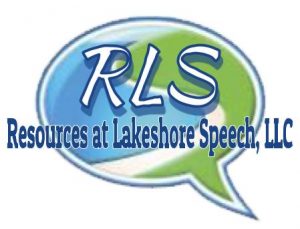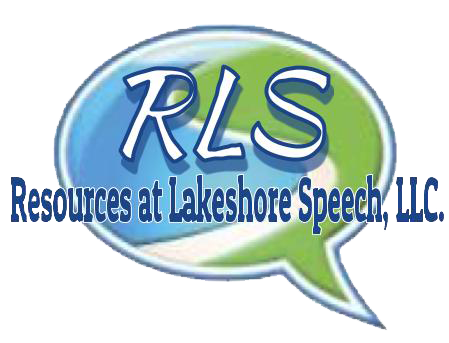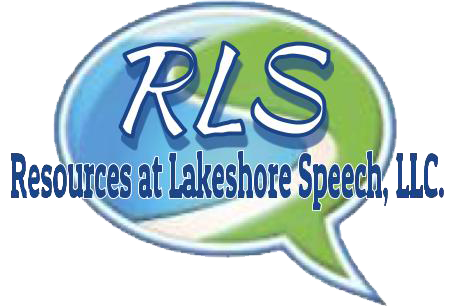Practice – 8 little letters that require discipline and dedication. Practice – 8 little letters that can enrage and irritate the most patient of souls. Practice – 8 little letters that have a profound effect on a life.
Whether you yourself are learning a new skill or are helping a loved one learn a new skill, the time and dedication required can feel overwhelming and insurmountable. Practice provides the opportunity to try and fail and start again. Practice is part of the journey NOT the end goal.
Practicing speech and language skills may seem unnatural as these skills, for some, come naturally when communicating and engaging with the world. Without knowing it, children who are developing language are ‘practicing’ these skills every time they engage with a person, a friend, or a toy. Sometimes loved ones require practice on a very specific element of language, one that may easily be taken for granted. Be it eye contact, sharing, anticipating, or requesting, these skills may need practice toward mastery of communication.
Practicing communication skills should become a natural part of the day. Incorporating the practice of specific skills throughout the day may require a little planning, but eventually will become second nature. Clearly identify where and when the ‘practice’ could occur helps to create a less stressful and meaningful event. Start with a very manageable expectation, not only for your loved one, but yourself and eventually increase the expectation in small increments. You will amaze yourself at how quickly these skills improve.
While the saying goes, “Practice makes perfect.”, a preferred saying is “Practice makes permanent.”
Yours in Speech,
Lakeshore Speech Therapy, LLC












